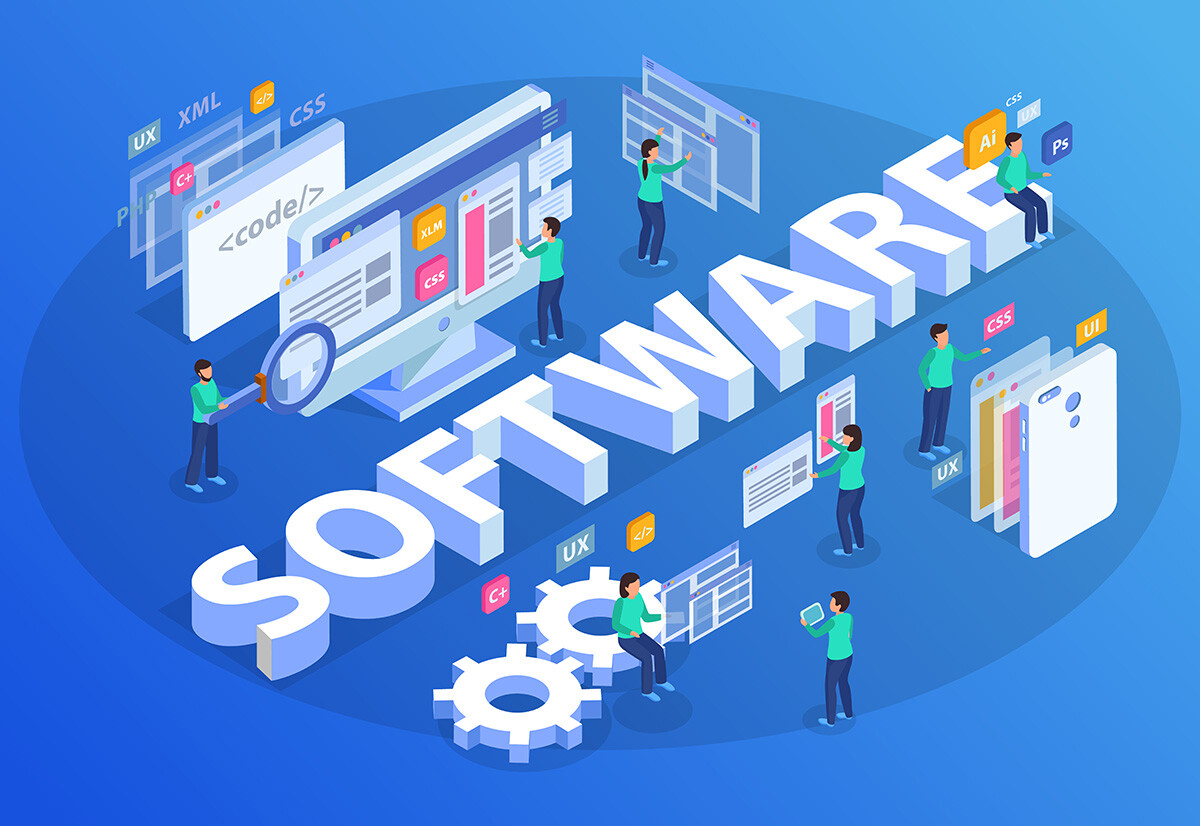How Open-Source Software Benefits Businesses
There are free open source alternatives to most popular software programs. You could save a lot of money and gain access to new features by switching to these programs.
Code from open-source software can be reused for other applications without causing legal problems. Thus, software development becomes highly creative, and innovative, and improves the environment.
Some of the most popular software programs are closed-source (proprietary). Open-source software can provide several benefits over proprietary software such as Microsoft and other major Pay For software.
What is Open-Source Software?
Source code for open-source software can be inspected, modified, and enhanced by anyone.
The source code of a program is what computer programmers can manipulate to change the way a program or application is designed.
If a programmer has access to the source code of a computer program, he or she can add features to that program or fix things that don’t work right.
Benefits of Open Source Software for Businesses
Some people may consider this dry, unimportant information only relevant to computer programmers and developers, but small businesses can gain benefit from it.
These are just a few reasons why businesses find it attractive:
- Control: This type of software gives you full control over your business. You can make your own decisions, unlike commercial software.
- Versatility: Licenses are designed so that you can modify the software yourself or hire a third party to modify it to suit your business’s specific needs.
- Reliability: Using a standard commercial development method, is more reliable than software developed using a standard development approach.
- Cost: There are virtually no up-front costs associated with open-source software. When you need support, you only pay for what you need.
- Longevity: You lose all support, bug fixes, security patches, and the possibility of future upgrades when a commercial software company goes out of business.
- Security: Because a large number of developers work on the source code, many security problems are likely to be spotted early.
Open Source Software vs. Other Software
The source code of some software is only able to be altered by the creator of the software, team, or organization. These kinds of software are referred to as proprietary or closed-source.
An open-source solution is different. Its authors provide the source code to those interested in seeing, copying, learning from, or altering the code.
When users use open source software, they must accept the terms of a license, much like they do with proprietary software – although the legal terms of open source licenses differ significantly from those of proprietary licenses.
By their very nature, open-source software licenses encourage collaboration and sharing by permitting people to modify the source code and adapt it for their projects.
Open-source software allows computer programmers to view, review, and modify it whenever they want; provided that they let others do the same when sharing their work.
Conclusion
To maximize productivity, cost-efficiency, and consistency across the organization, businesses must choose the right software solutions. Although some applications may fall into the category of proprietary software, an emphasis on open-source software will have considerable benefits for business owners.
Additionally, it is more cost-effective, reliable, agile, and customizable, and there is the possibility of getting bespoke programs. Supported by a network of developers and support teams, building better infrastructure is not just possible. Your small business will be able to function optimally too.






